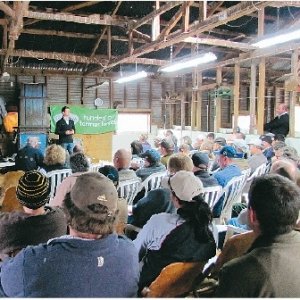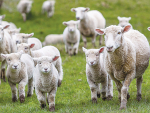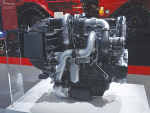At the field day (see opposite), besides demonstrating his skill, he advised how sheep and the shed should be prepared for the shearers' arrival.
"Preparation is everything. What you want the end product to be is directly related to the decisions you make earlier.
"Make sure the sheep are emptied out and are nicely dagged and clean so they're not going to have pen stain. Don't put them in the scrub block prior to shearing, put them there when they have short wool."
As for the shed, keeping it clean is vital. Keep birds out to avoid droppings, grass and seed contamination.
"Then there's the cleanliness of the floor; that depends on what's happened when you've been dagging. I recommend at least once a year giving the floor a good wash, and definitely give the woolshed a good clean-out every time you shear."
Sheds should be regarded as a proper workplace with good toilet facilities and made to look good. Scones with cream and jam also help, he jokes.
But seriously, farmers should realise wool is a potentially valuable product on the sheep's back that decisions at shearing can undermine.
"If you've got a beautiful line of wool and you put those ewes in scruffy paddocks you're going to contaminate the wool. If you don't dag them when they get pen stain then more money is going to come off the final cheque. All these things – such as not removing raddle marks – are going to take away from the price you ultimately get."
Buick says he's noticed farmers often drench just before shearing. While that seems okay 24 hours before shearing, when a farmer drenched in the morning just before shearing it was a different story.
"The drench appeared to have caused a chemical reaction in their stomachs and they were tight and difficult to shear."
While this season's rain and excess grass may have been good from a production point of view, it's caused problems with wool harvesting, he says. Keeping sheep dry was a problem and the holding paddocks needed to be cut because the grass was too long.
"It was difficult emptying stock out and there was pressure on the animals themselves."

















